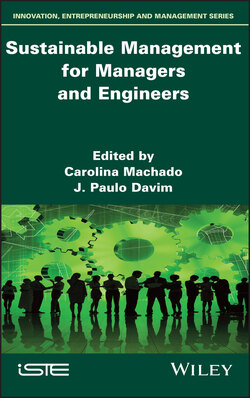Читать книгу Sustainable Management for Managers and Engineers - Группа авторов - Страница 16
1.2.2. Libertarian paternalism
ОглавлениеNudging is sometimes considered libertarian paternalism. A paternalist state, also denominated a nanny state, interferes with individuals excessively, in an effort to protect them by controlling several aspects of their behavior. The mandatory use of helmets, high taxes on junk food and road markings can be considered state paternalism. Although welcome in many cases, paternalism is frequently criticized in many others because it assumes that the state knows better than the individual and has the duty to protect people from themselves. Libertarian paternalism is a soft form of paternalism that rearranges the structure of choice so that it emphasizes and facilitates the so-called “best choice”, without mandatory regulation or reducing personal freedom of choice [SUN 03, THA 03]. Ethical limits to the use of nudging, and whether or not paternalistic libertarian interventions influence freedom of choice, are under examination, and in some cases, generate strong opposition to nudges. The discussion is rooted in the concept of liberty, as discussed by John Stuart Mill. In his essay “On Liberty” [MIL 59], he defines liberty – from a civil and social point of view – as the limits of the power that can be legitimately exercised by society on individuals. Governments must respect individuality and diversity of choice, and nudges generate choices that threaten that diversity.
